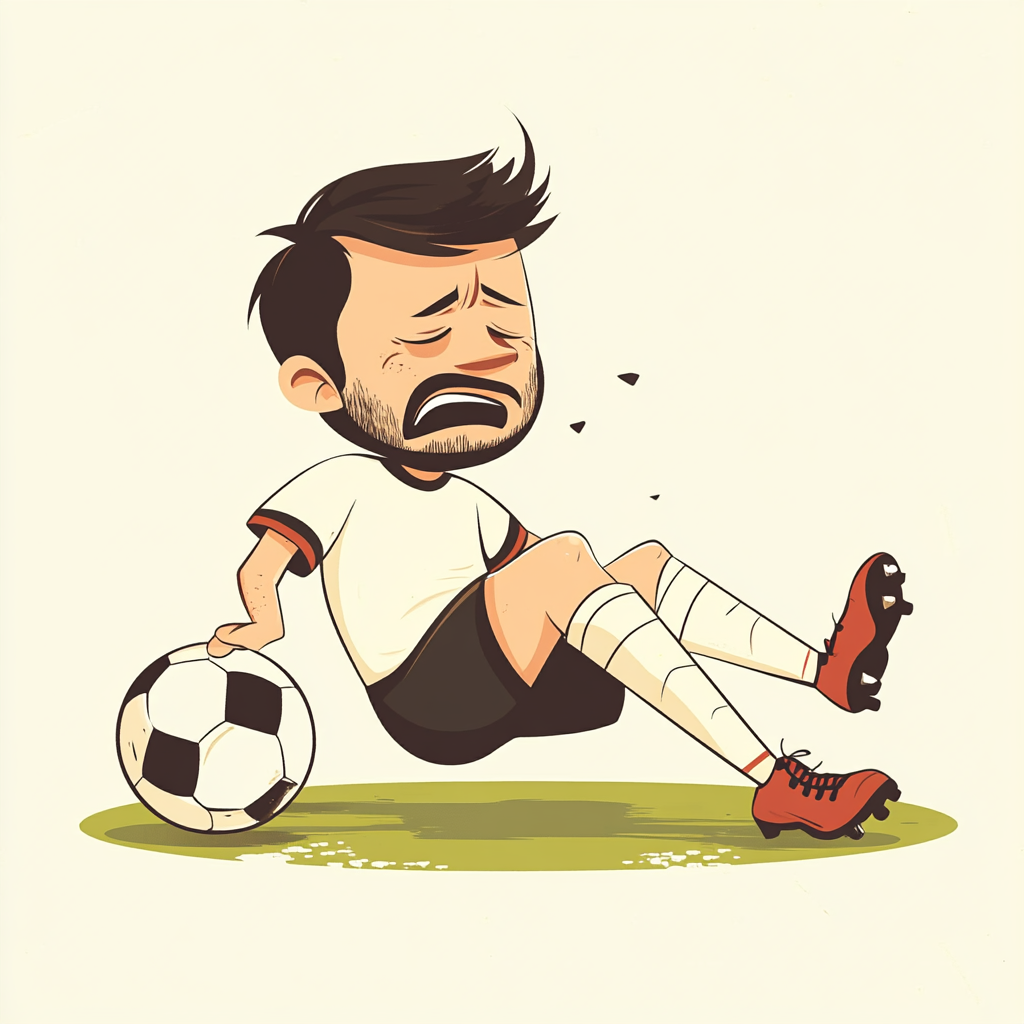Playing the victim is a form of manipulation that ensures others meet the Nice Guy’s needs, rather than him taking leadership and actions to meet them himself. It is also a way to gain attention while deferring personal responsibility. Just as the Nice Guy becomes resentful when their efforts are not reciprocated, they also become frustrated when their victim mentality does not allow them to shift the blame for their current predicament onto others. An avoidance of responsibility.
I know you may not have caused the problem, but dwelling on blame and playing the victim freezes us in time, making us unwilling to take the steps needed to create a better environment for ourselves. Most victim Nice Guys wait for others to fix their problems. This mentality may have been formed in childhood—perhaps due to an overprotective parent who consistently solved their issues, or from an unloving parent who only gave attention when something went wrong. Possibly a believe that “if I didn’t create the problem then why should I fix it?” but why would your former partner who created the problem fix it for you?
If we play the victim in all scenarios—whether we truly are or not—we develop a pattern of refusing to accept that life is sometimes beyond our control. Most of the time, we may play the victim simply because we did not get what we wanted or because our feelings were hurt. Not accepting the truth that we are not in control of all that happens in life creates resistance that does not serve us well. It would be far better to accept the chaos and learn how to navigate through the storm rather than constantly raging against it. Simply giving in and expecting others to steer the ship may not get us to where we want to go. True masculinity is taking the lead and controlling the boat in the storms we find ourselves in, looking for solutions and options rather than focusing on obstacles and blame. Believing in the delusion that life can always be smooth is just as misguided as believing we must always be happy—constantly changing environments and relationships in pursuit of a dream, while neglecting the work needed to create peace and joy where we already are. If we keep changing our environments in search of this delusion, we also create instability for our children while encouraging a pattern of unaccountability.
Instead of believing others should fix our problems it would be far better to ask ourselves:
Why do I believe others should solve my problems?
who can help solve my problems, and would they?
If no one will why can’t I solve my own problems?
What’s stopping me looking for solutions and solving my own problem?
Seeking solutions and learning the skills to navigate our difficulties relieves us of the anxieties of the unknown. It also removes us from the victim mentality, which prevents us from looking for solutions in the first place.
A significant downside of the victim mentality is that it keeps our focus solely on ourselves and the perceived injustice from the alleged perpetrator, rather than on what may be more important at the time. If you have children and are being assessed by a court-appointed child expert or family psychologist, this mindset can keep you stuck—obsessing over how you’ve been wronged instead of focusing on what is best for your children. The specialist’s assessment report will often reflect this misplaced focus. I know this is difficult, especially if you have not seen your children. It may seem far easier for the other parent who appears to be rewarded for the damage they caused. But learning how to focus on what must be done, working with what you have, and letting go of what you cannot control will help you maintain the right perspective. Playing the consistent victim removes us from reality, preventing us from seeing things as they truly are.
